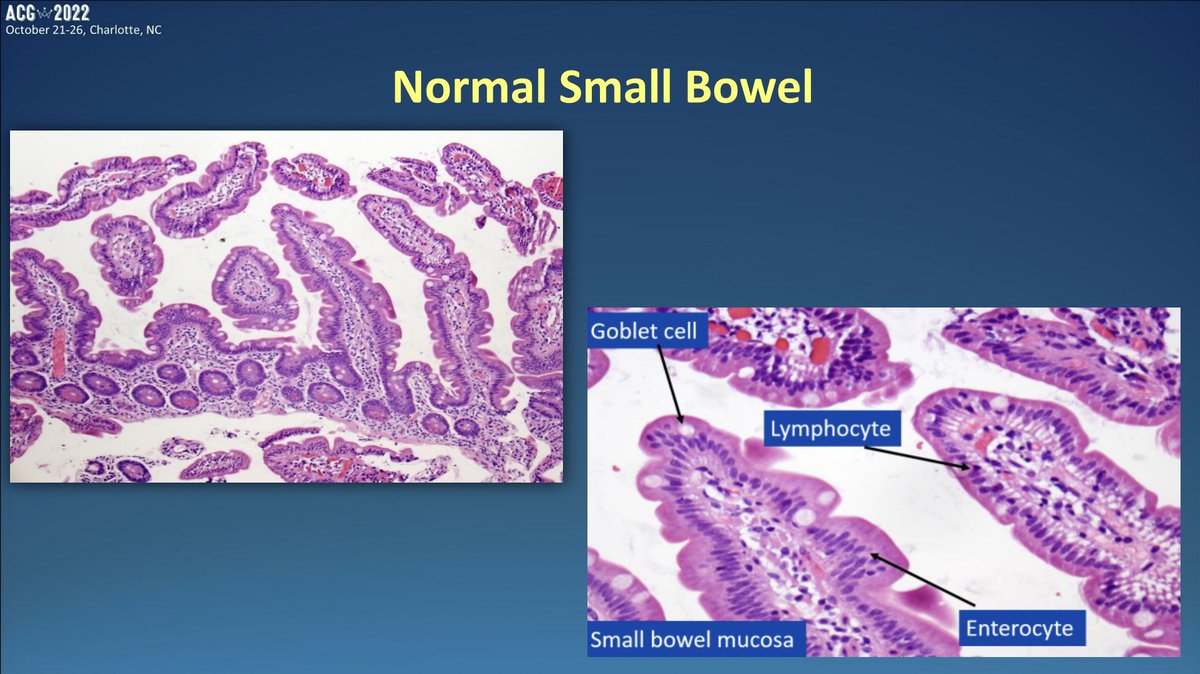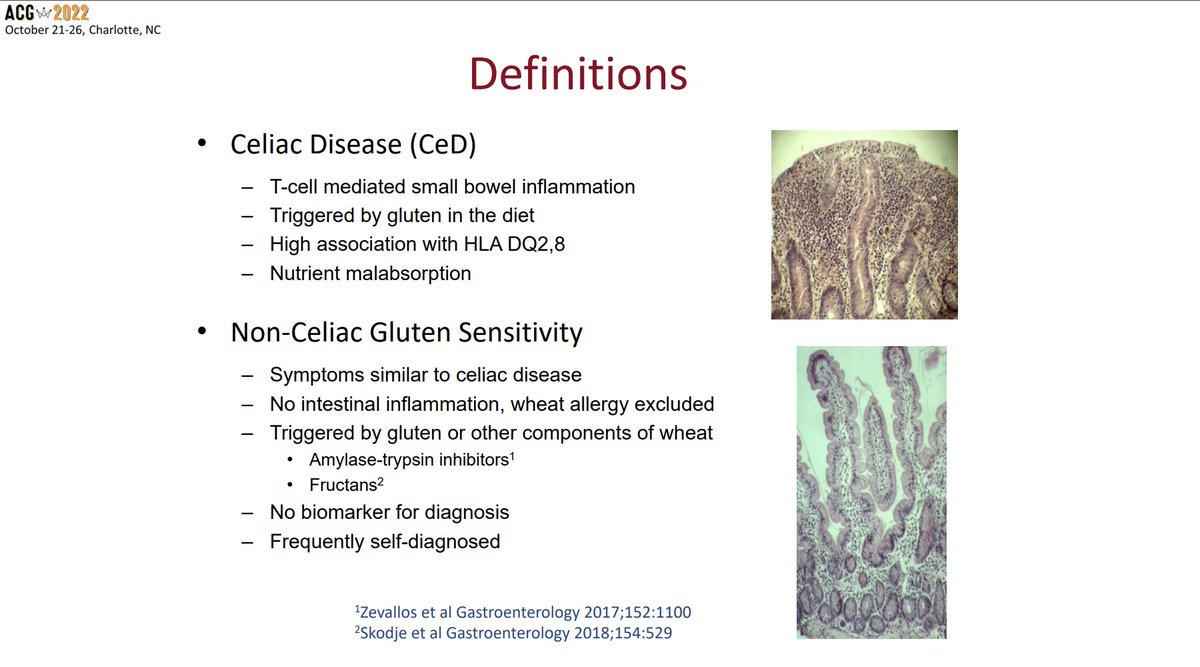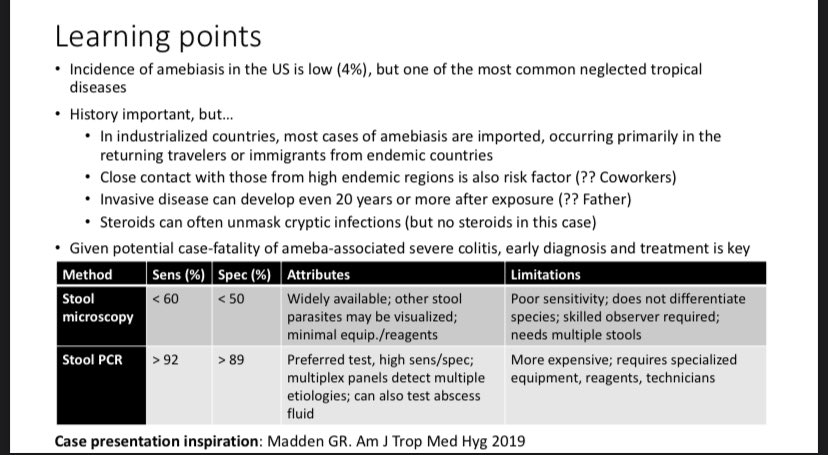
I've summarized the guidelines here👇
https://twitter.com/john_damianosMD/status/1555928081885536256?s=20&t=auZSzP2a31R5RykCq8BHzA
Importance of an *optimized* gastric emptying study
-standardized solid meal
-measure at least 3 hours (ideally 4)
-standardized solid meal
-measure at least 3 hours (ideally 4)

Even with optimized GES, gastric emptying *fluctuates* over time, without any change in symptoms
@LindaNguyenMD thinks of this like #IBS, how bowel habits can change over time
@LindaNguyenMD thinks of this like #IBS, how bowel habits can change over time

Small particle diet improves #gastroparesis symptoms (this allows patients to eat FIBER!) 

Metoclopramide is the ONLY FDA_approved drug for gastroparesis
💡Risk of tardive diskinesia is lower than previously thought, especially in #gastroparesis. Risk factors can also help risk stratify

💡Risk of tardive diskinesia is lower than previously thought, especially in #gastroparesis. Risk factors can also help risk stratify


Prucalopride is approved for constipation, not gastroparesis, but GP symptoms do improve on this agent
Increasingly being used off label for GP
Increasingly being used off label for GP

Extragastric dysmotility is COMMON in gastroparesis
💡 Prucalopride is a great option in GP patients with constipation

💡 Prucalopride is a great option in GP patients with constipation


Pyridostigmine also improves constipation, so is another good option in gastroparesis patients with constipation 

Gastric electrical stimulation improves nausea/vomiting scores, but not abdominal pain or bloating
💡Think GES in nausea/vomiting predominant gastroparesis
💡Think GES in nausea/vomiting predominant gastroparesis

Refractory gastroparesis: consider predominant symptom (nausea/vomiting 🆚 abdominal pain) and severity of symptoms 

Autoimmune gastrointestinal dysmotility
-think about with extraintestinal, autoimmune, and autonomic symptoms and/or family history (also think paraneoplastic)
-autoantibody workup
-treat with IVIG or methylprednisolone

-think about with extraintestinal, autoimmune, and autonomic symptoms and/or family history (also think paraneoplastic)
-autoantibody workup
-treat with IVIG or methylprednisolone


• • •
Missing some Tweet in this thread? You can try to
force a refresh







































